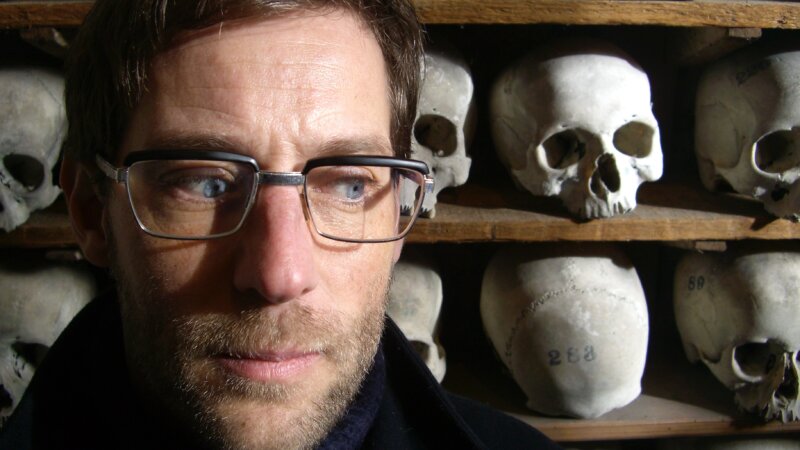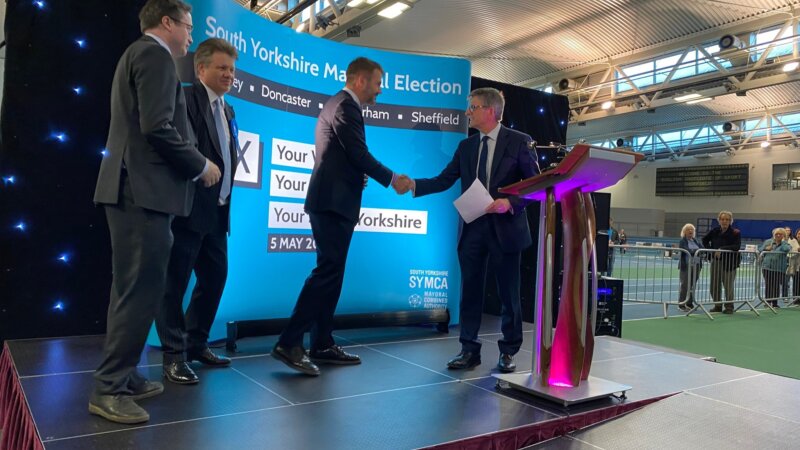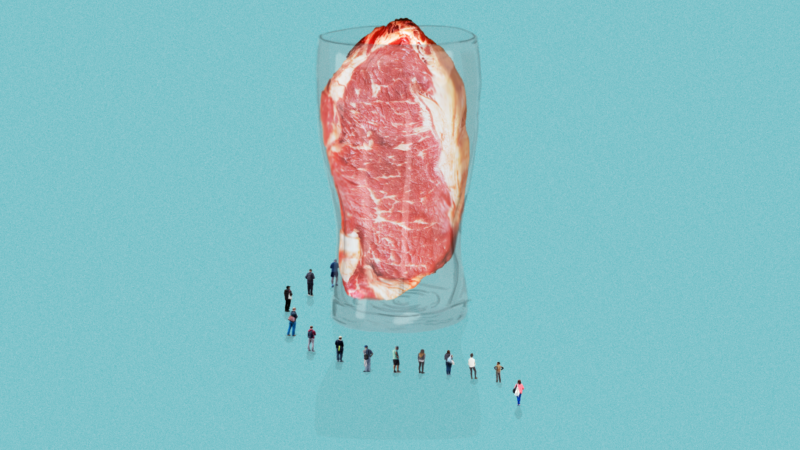Radical Tourist
Part 2: The Outer Reaches of Pop
I take my four-year-old daughter to meet Steve in the Hillsborough Hotel and she takes to my shoulders for the long ascent of Upperthorpe. My neck muscles feel ready to implode as we struggle past Toy Box Nursery and she says cheerily, “Look! My nursery!” Steve stops in his tracks. “It's the Hula Kula!” he cries. “The Hula Whata?” I say. “The Hula Kula. It's where Cabaret Voltaire and Clock DVA used to live. I was only reading about this place the other day. I wonder what it looked like back then.”
The clean windows displaying paper mobiles and a grinning Tigger don't give away much history. It's a big old place, all rough sandstone and arched windows, heavy-set but welcoming, as a pre-school nursery should be. If it were a person it would be a kindly great aunt in a prim outfit and horn-rimmed glasses. Could it really have nurtured Sheffield's experimental post-punk enlightenment? Does the sound of spliced tape loops still percolate out of the walls and infuse into impressionable toddlers? Does it glow like kryptonite when Peace in the Park sets up camp nearby? Can I explain this to my daughter one day? I'm already picturing her baffled disinterest.
We collapse into The Closed Shop for a restorative pint, and Steve is on a high. “This is how I see it,” he says. “I was 15 in ‘79 and I went straight from Pink Floyd to Cabaret Voltaire. The punks were busy trying to tear down the cobwebs of the early 70s stuff, but I reckon they just frightened middle England and probably helped open the door to Thatcher. Music’s not supposed to be conservative, ever, but if it’s just angry and obvious it drives people away. That Sheffield scene when I was leaving school was subversive, but it was clever and inventive too. It was Syd Barrett without the middle-class education. It really drew me in. I felt that being arty and different was much better than shouting.”
“But why did it happen in Sheffield more than elsewhere?” I ask him. “After she's gone to bed,” Steve says conspiratorially, “I'll show you.”
Two hours later we're in town, standing between some skateboarders and a huddle of drunks outside the former National Union of Mineworkers building at Barker's Pool. It's unfathomably ugly. “Where else would you get a big trade union HQ being built after the Tories got in?” Steve is still in full flow. “Back then, this was the heart of the Left Wing, and the best of the music happened before the Miner's Strike. To get really good at music you have to explore the outer reaches of your creativity and your ability, and you report back to anyone who's listening on what you've found there.
“Most bands are isolated. They explore the world alone. But in Sheffield, after punk, they went to the outer reaches collectively. Lots of bands knew each other and made the journey together - Cabs, Human League, ABC, Pulp in their early days - and they came home with something totally different from what people had heard before. I think it was because they found themselves on the political front line in Sheffield, but they were also musicians wanting to do something more sophisticated than three-chord pop. Somehow they thought they could fight the whole system by playing instruments in ways they hadn't been played before.”
Steve stares into space for a good minute. “That house where your kid went to nursery - nice leafy suburb and that - that's where it happened. The music that made me fall for your city came from inside that house.” Kindly great aunts have some surprising stories to tell.
@andrewthewood
Photo by Chard Remains Photographical )







